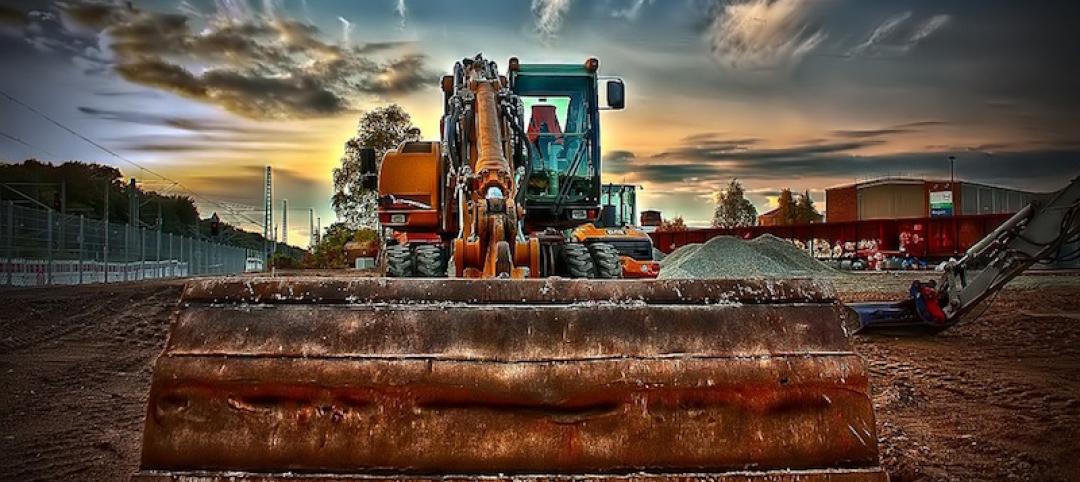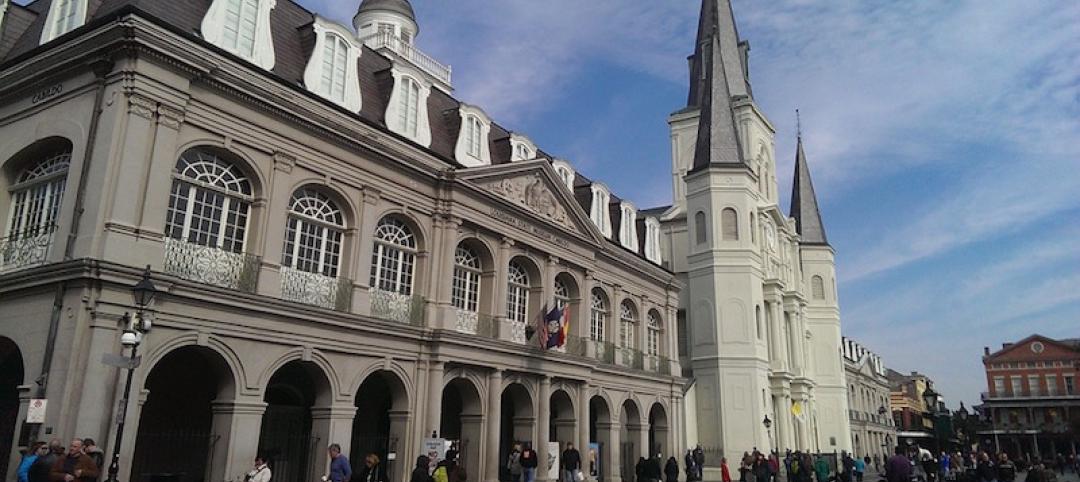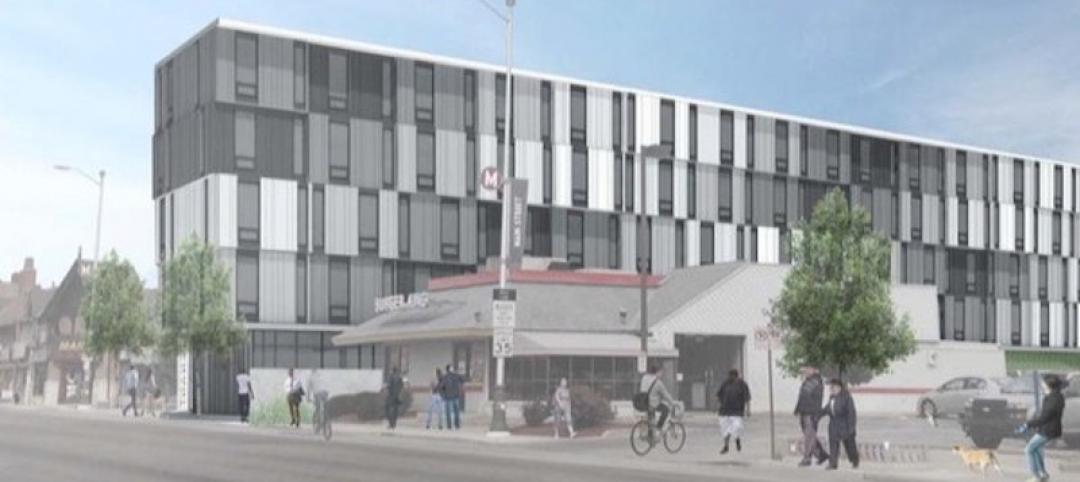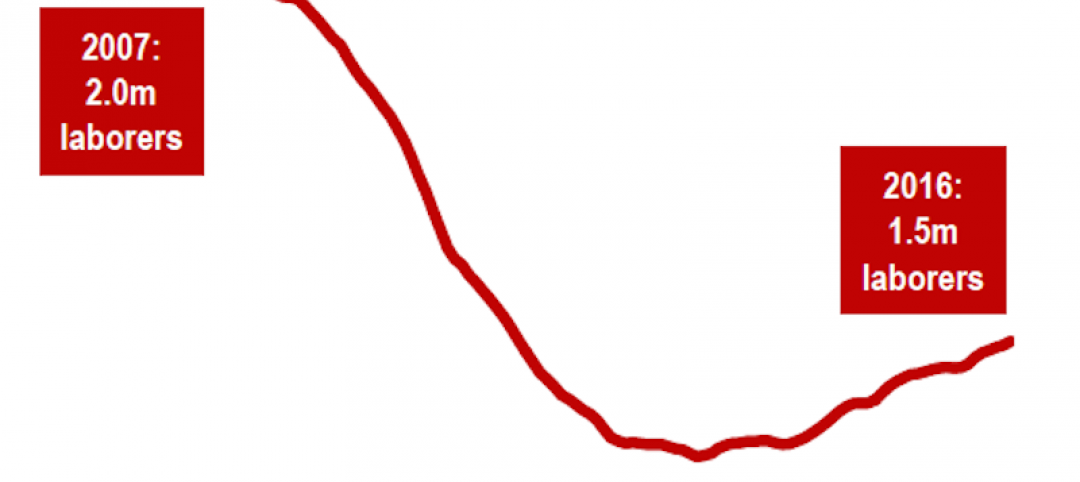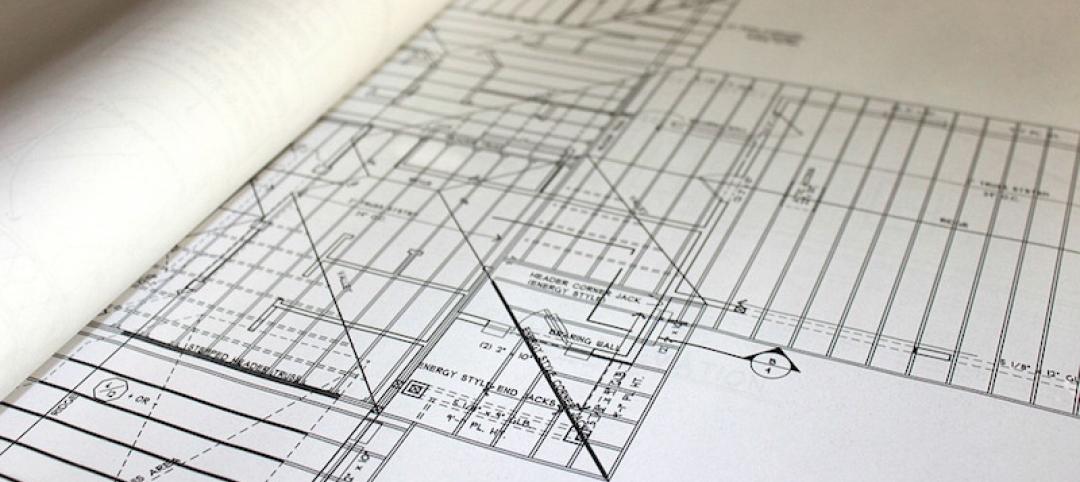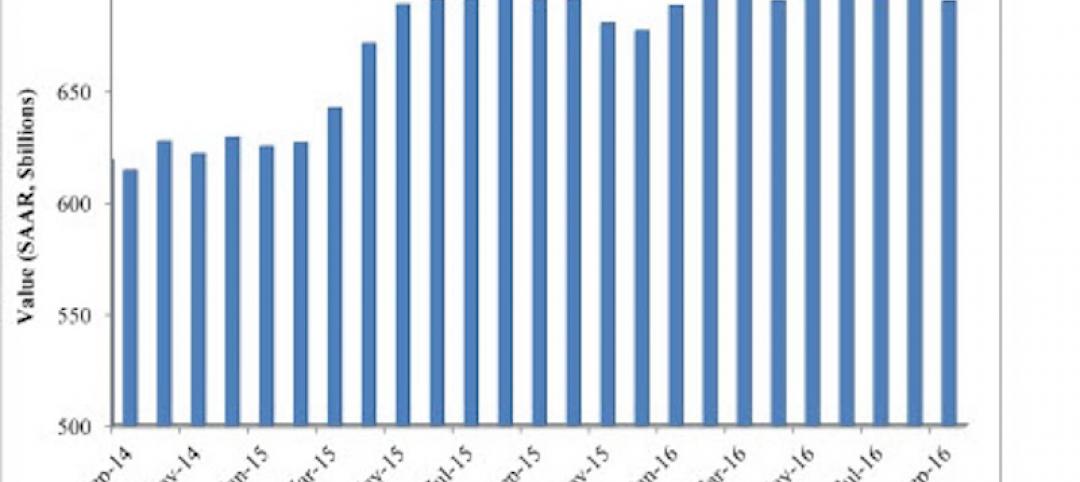In an effort to support the COVID-19 response, the American Institute of Architects (AIA) has launched a task force to help inform public officials, healthcare facility owners and architects on adapting buildings into temporary healthcare facilities.
“On a daily basis, I am hearing from our architects who feel a deep sense of moral duty to support our healthcare providers on the frontlines of this pandemic,” said AIA 2020 President Jane Frederick, FAIA. “As our communities assess buildings to address growing surge capacity, we hope this task force will be a resource to ensure buildings are appropriately and safely adapted for our doctors and nurses.”
AIA encourages federal, state and local government to adapt appropriate existing buildings to meet the growing healthcare and quarantine needs resulting from the COVID-19 pandemic.
The task force is charged with developing a COVID-19 Rapid Response Safety Space Assessment for AIA members that will include considerations for the suitability of buildings, spaces, and other sites for patient care. The assessment will be developed by architects with a wide range of expertise, including healthcare facility design, urban design, public health and disaster assistance.
“During the COVID-19 pandemic public health response there is an unprecedented need for the adaptive reuse of buildings to serve a variety of functions,” said environmental health scientist Dr. Molly Scanlon, FAIA, FACHA, who is the director of standards, compliance and research at Phigenics. “Architects and our allied design and construction professionals are in a unique position to leverage our advanced problem-solving skills to bring forth ideas for community implementation.”
The task force—chaired by Dr. Scanlon—plans to release its report in early April in an effort to help inform decisions to address the pandemic.
“This is a race against time for healthcare facilities to meet bed surge capacity needs” said AIA Academy of Architecture for Health President Kirsten Waltz, AIA, ACHA, EDAC, LEED, who is the director of facilities, planning and design at Baystate Health. “This task force will help inform best practices for quickly assessing building inventory and identifying locations that are most appropriate to be adapted for this crisis.”
Waltz and other members of the task force are helping bridge the needs of healthcare providers by modifying hospitals and smaller facilities to meet the growing bed surge demand and to increase areas for medical screening, triage, and other patient care.
Related Stories
Market Data | Nov 30, 2016
Marcum Commercial Construction Index reports industry outlook has shifted; more change expected
Overall nonresidential construction spending in September totaled $690.5 billion, down a slight 0.7 percent from a year earlier.
Industry Research | Nov 30, 2016
Multifamily millennials: Here is what millennial renters want in 2017
It’s all about technology and convenience when it comes to the things millennial renters value most in a multifamily facility.
Market Data | Nov 29, 2016
It’s not just traditional infrastructure that requires investment
A national survey finds strong support for essential community buildings.
Industry Research | Nov 28, 2016
Building America: The Merit Shop Scorecard
ABC releases state rankings on policies affecting construction industry.
Multifamily Housing | Nov 28, 2016
Axiometrics predicts apartment deliveries will peak by mid 2017
New York is projected to lead the nation next year, thanks to construction delays in 2016
Market Data | Nov 22, 2016
Construction activity will slow next year: JLL
Risk, labor, and technology are impacting what gets built.
Market Data | Nov 17, 2016
Architecture Billings Index rebounds after two down months
Decline in new design contracts suggests volatility in design activity to persist.
Market Data | Nov 11, 2016
Brand marketing: Why the B2B world needs to embrace consumers
The relevance of brand recognition has always been debatable in the B2B universe. With notable exceptions like BASF, few manufacturers or industry groups see value in generating top-of-mind awareness for their products and services with consumers.
Industry Research | Nov 8, 2016
Austin, Texas wins ‘Top City’ in the Emerging Trends in Real Estate outlook
Austin was followed on the list by Dallas/Fort Worth, Texas and Portland, Ore.
Market Data | Nov 2, 2016
Nonresidential construction spending down in September, but August data upwardly revised
The government revised the August nonresidential construction spending estimate from $686.6 billion to $696.6 billion.



